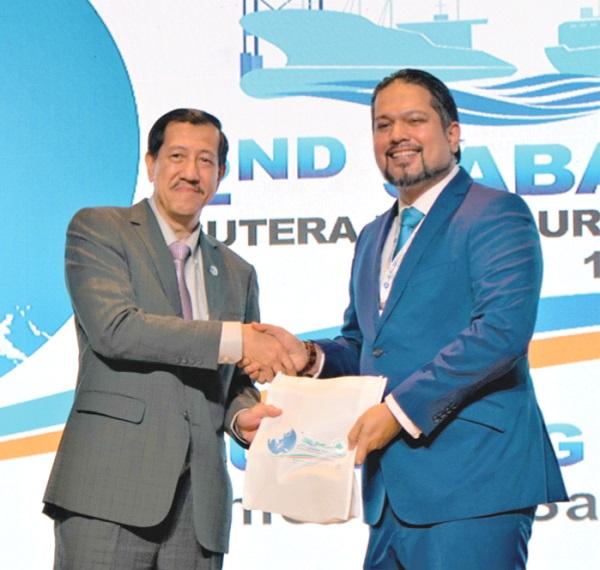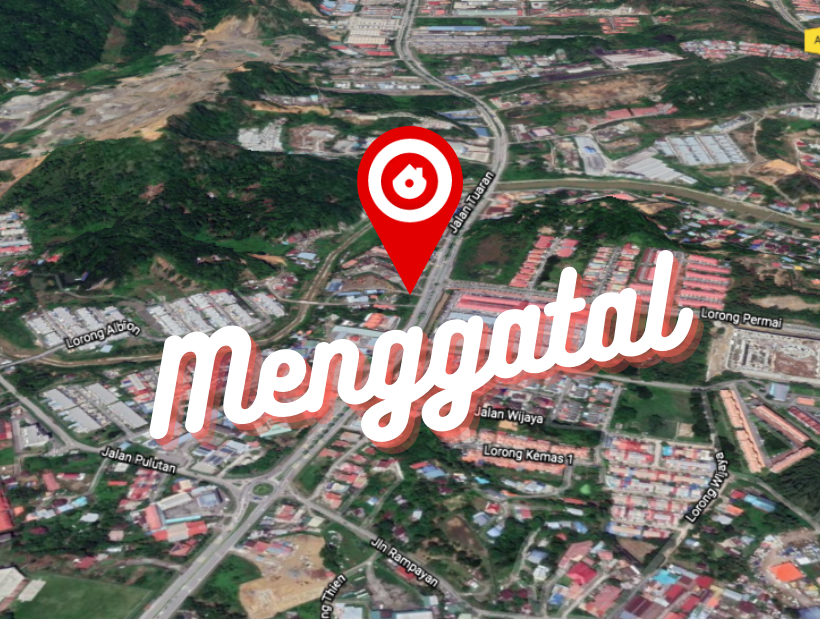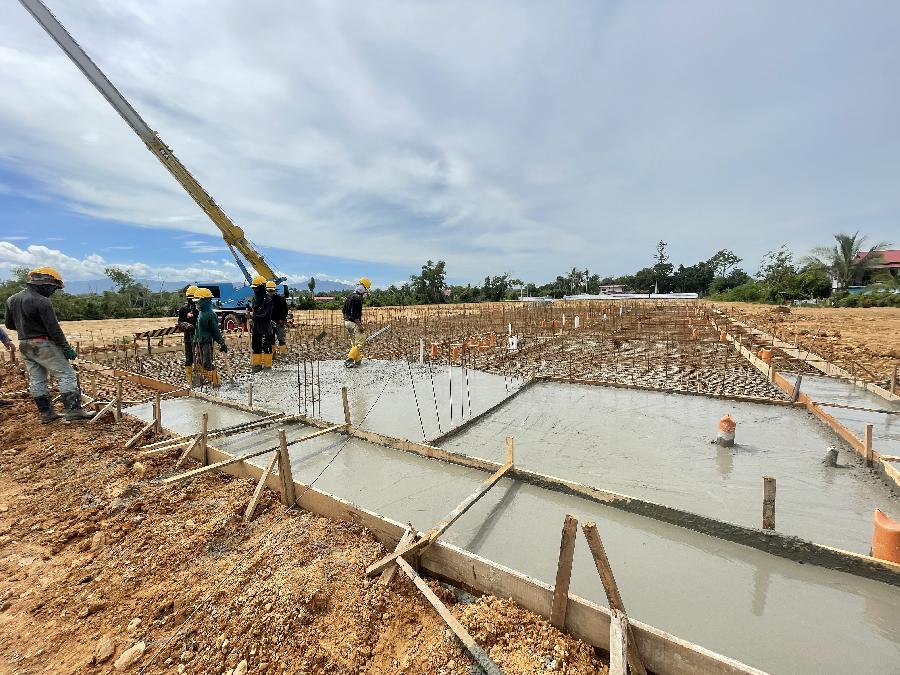Sabah’s trade with Indonesia has enjoyed surpluses except in 2012 and 2013.
There is an urgent need to have proper road connectivity between Sabah and Kalimantan so that cross-border trading activity can be regulated.
UMS Senior Lecturer Dr Rafiq Idris said this during his presentation on ‘Opportunities and Challenges in Cross-Border Trade’, at the 2nd Sabah Port Forum on Oct 2, 2019 themed “Building the New Future – Unlocking Sabah’s Maritime Potential” at the Magellan Sutera Harbour Resort and Spa Ballroom.
What is cross-border trade?
Dr Rafiq Idris: “It refers to the flow of goods and services across the international borders between jurisdictions.
“Specifically, it refers to the trade-in areas where crossing borders is relatively easy and where products are significantly cheaper in one place than another.
“Another definition, cross border trade can mean trade related to e-commerce. Trade includes goods and services.
“Cross border trade can be formal or informal.
“The formal cross border trade refers to trade in goods or services which is carried out by legally registered traders and fulfil all legal requirements of the trading countries.
“The informal cross border trade refers to the movement of goods in which all or part of the trading activity is unrecorded or unrecognised by the government,” Dr Rafiq Idris explained.
Traditional cross border trade activities can be seen at several areas in Sabah: Pegalungan-Labang, Sebatik also has been a hot spot to be an active place for people to move in and out, and around the Serudong – Simanggaris Kalimantan region.
“There is a need to build or develop the necessary infrastructure in the border area like joint customs, immigration, and quarantine (CIQ) in border areas to facilitate cross-border processes.
Dr Rafiq Idris: “The idea of a dry port or land port in Serudong area will give more advantage to Malaysia as Sabah is the nearest source of materials to Kalimantan.
He said by having proper land connectivity, a proper CIQ can be opened and this will help to curb smuggling activities and help local SMEs to be more competitive.
According to Dr Rafiq, without a proper road link with neighbouring Kalimantan, security issues and illegal activities are among the challenges in such cross-border trade, causing a loss in tax revenue collection for the government.
“The relocation of the capital city of Indonesia has the potential to stimulate economic activities in border areas (Serudong, Kalabakan, Tawau) assuming there is road connectivity.
“Due to the fact that Indonesia is the only country that Sabah can have road connectivity besides Brunei, it is important to discuss the present state of trade and what are the potential effects of greater cross-border trade activities with Kalimantan.
“With big market size and higher per capita income in North and East Kalimantan compared to Sabah and the relocation of Indonesia’s capital city to East Kalimantan is indeed good justification to consider the idea of stimulating cross border trading activities with road connectivity,” Dr Rafiq said.
“Trading activities also took place in a few barter trade jetties in Sabah such as in Kudat, Sandakan and Tawau,” Dr Rafiq Idris said.
He said that laws that govern Sabah’s cross border trade with Indonesia are the Border Cross Agreement on Exit and Entry Point and the Border Trade Agreement which is to accommodate people living near the border within specific radius only for personal consumption.
Laws that govern Sabah’s cross border trade with the Philippines is the Anti-Smuggling Agreement.
Traders from both Indonesia and the Philippines have to respect the Sabah Port & Harbour Ordinance which empowers the Port and Harbour Department to oversee barter trade jetties and the Sabah Ministry of finance to regulate such activities.

.jpeg)
_PH_Banner_(Desktop)(1200x180px).png)





.png)

.png)

.jpeg)

